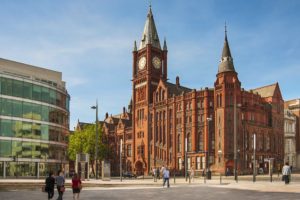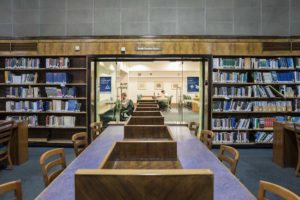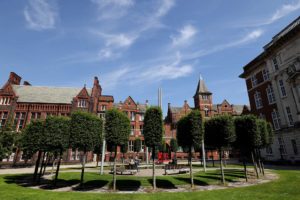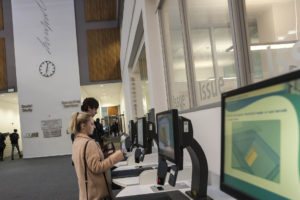How you'll learn
You will be taught through a combination of face-to-face teaching in group lectures and small class sessions, tutorials and seminars, which are supplemented by opportunities to get one-to-one guidance from academic staff during their weekly ‘open office’ hours. The rest of your study time will be spent undertaking directed independent study, making use of our excellent library and IT facilities.
You will also be supported throughout by an individual academic adviser. Learning is delivered in a variety of formats including lectures, seminars, workshops, tutorials, guided independent study, group work and reflective and experiential learning.
The primary purpose of lectures is to provide you with a broad introduction to key areas and debates on a given topic pitched at the appropriate level of study. The lectures aim to facilitate your reading and highlight issues to be explored during independent study time in preparation for seminars and assessment.
Seminars provide opportunities to explore particular issues and debates in greater detail in a way that supplements and builds upon the lectures. Seminars also allow for greater levels of student participation and such participation will be actively encouraged throughout the programme. Workshops frequently follow the format of seminars but they also may be used to develop particular skills in a teaching context. For example, workshops develop skills in data analysis and skills in interviewing.
Guided independent study may also feature in your learning experience. Group work is a feature of all seminar teaching and group work takes place both within and outside of formal scheduled classes.
How you're assessed
Assessment takes many forms, each appropriate to the learning outcomes of the particular module studied. Most modules are assessed by means of a mixture of essays and examinations. Typically, a module in year two might involve a 4,000 word essay or a 2,500 word essay plus a one hour examination. Some modules are assessed wholly or in part by other appropriate means, such as the preparation of projects and individual or group presentations. The final degree class is based on year two and three marks, weighted in favour of year three marks.
Liverpool Hallmarks
We have a distinctive approach to education, the Liverpool Curriculum Framework, which focuses on research-connected teaching, active learning, and authentic assessment to ensure our students graduate as digitally fluent and confident global citizens.
The Liverpool Curriculum framework sets out our distinctive approach to education. Our teaching staff support our students to develop academic knowledge, skills, and understanding alongside our graduate attributes:
- Digital fluency
- Confidence
- Global citizenship
Our curriculum is characterised by the three Liverpool Hallmarks:
- Research-connected teaching
- Active learning
- Authentic assessment
All this is underpinned by our core value of inclusivity and commitment to providing a curriculum that is accessible to all students.







